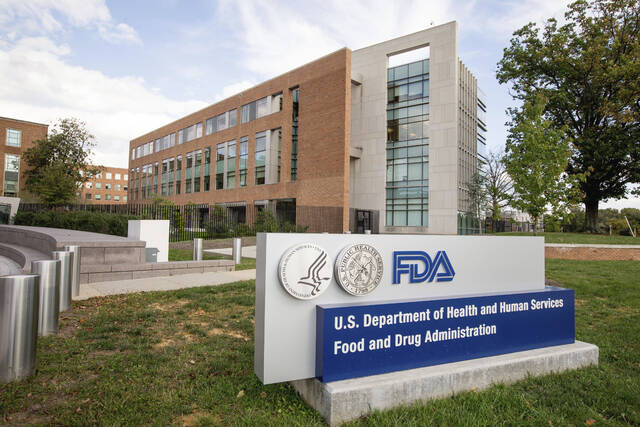ATLANTA — Coronavirus infections in Georgia climbed past 5,300 and officials blamed the virus for record-shattering unemployment claims Thursday as Gov. Brian Kemp prepared to order residents statewide to shelter at home in hopes of slowing transmission.
The sobering new figures on the pandemic’s toll in Georgia came just a month after Kemp announced the state’s first confirmed infections March 2.
At least 163 deaths in Georgia have been linked to the new virus, the state Department of Public Health reported. And more than 1,000 have been hospitalized since Kemp announced March 2 that officials had confirmed Georgia’s first two coronavirus infections.
Meanwhile, unemployment claims processed in Georgia during the last full week of March rose to nearly 134,000, an increase more than 10 times greater than the number filed the week before. The Georgia Department of Labor said Thursday the staggering number set a new record for the most claims ever processed in one week. The previous record was more than 41,000 in January 2009.
The escalating health crisis, and growing concerns that the virus is being spread by infected people who show no symptoms, prompted Kemp to prepare a shelter-at-home order for the entire state. The Republican’s governor planned to release details of his order Thursday, and it was to take effect Friday.
“When Georgians listen to the guidance provided and follow the orders issued they are actively joining the fight against this deadly disease,” Kemp told reporters as he announced the decision Wednesday.
Kemp had resisted following other states in taking that step, preferring to leave the decision to local governments. The governor had also said he was concerned that far-reaching shutdown orders could inflict more damage to Georgia’s already suffering economy.
He relented under pressure from mayors and others who feared the patchwork of differing restrictions currently in place was confusing and ineffective, as well as new guidance from state and federal health officials.
In explaining his decision, Kemp cited concern that the virus is being spread by seemingly healthy people who are infected but have no symptoms such as fever or cough, saying “those individuals could have been infecting people before they ever felt bad.”
“We didn’t know that until the last 24 hours,” Kemp said at his news conference with Dr. Kathleen Toomey, commissioner of the Georgia Department of Public Health. “And as Dr. Toomey told me, she goes, ‘This is a game changer for us.’”
A number of Democrats, from Georgia and beyond, seized on Kemp’s remarks to criticize him as being slow to realize that people without symptoms can still spread the virus. U.S. Sen. Chris Murphy of Connecticut tweeted: “Kemp isn’t alone in totally misunderstanding the science and making fatal mistakes as a consequence.”
Kemp spokeswoman Candice Broce fired back that his critics were making an “erroneous claim” that ignored other factors cited by the governor.
Experts have been warning for at least two months that infected people can spread the coronavirus even if they have no symptoms.
However, it was on Wednesday that new research on asymptomatic transmission of the virus caused the federal government to change how it defines the risk of infection to Americans. The new guidance from the Centers for Disease Control and Prevention says anyone exposed to the disease can be a carrier.
Toomey said that epidemiologic models had been built on the idea that sick people would show symptoms.
“There’s probably a large number of people out there who are infected, who are asymptomatic, who never would have been recognized under our old models,” Toomey said. She also said the decision was influenced by concerns that hospitals might become overrun if infections weren’t slowed.








